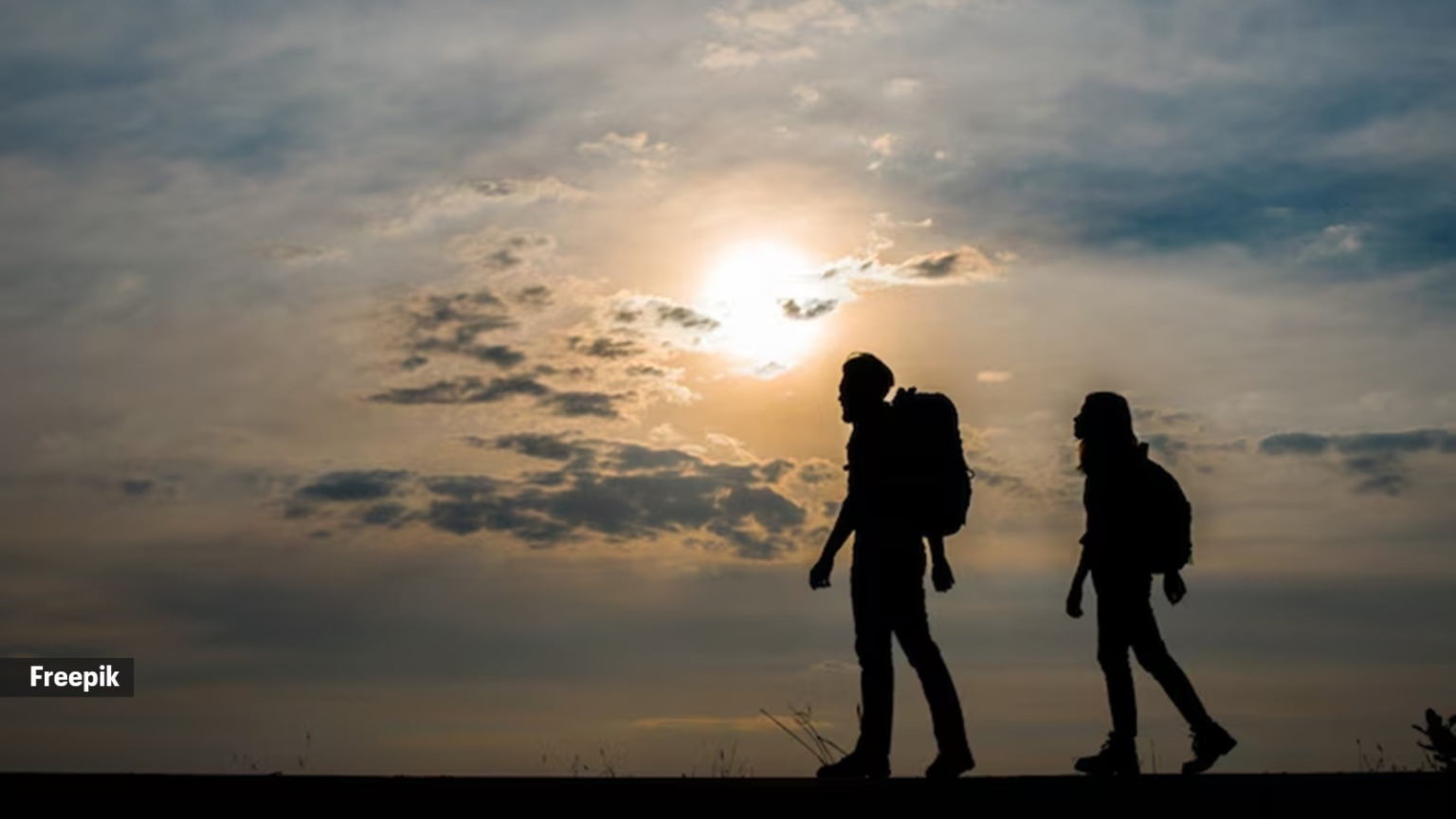The travel landscape in India is evolving rapidly, and 2025 has brought with it a fascinating shift not just in how people travel, but with whom.
Forget the traditional family vacations or romantic getaways — travel tribes are expanding, and leading this shift are the frolleagues: colleagues who are also close friends and now, travel buddies. From post-quarter getaways to spontaneous weekend trips, this dynamic is picking up across metros and tier-2 cities alike.
According to the Thomas Cook India Holiday Report 2025, a growing 28 per cent of Indian travellers now prefer ‘frolleagues’ as their companions on trips. While multigenerational families still lead the chart at 65 per cent, and partners at 60 per cent, the rise of work friendships that extend beyond office walls is significant.
But, what are some benefits — or challenges — of travelling with colleagues who double as close friends?
Neha Cadabam, Senior Psychologist and Executive Director at Cadabams Hospitals, tells indianexpress.com, “Travelling with frolleagues or colleagues who are also close friends can offer a unique blend of emotional comfort and shared adventure. From a psychological perspective, these trips can foster deeper bonds, reduce workplace stress, and create shared memories that enhance team dynamics. Being in a relaxed environment outside of work often encourages more authentic conversations and emotional connection.”
However, she adds, there can also be challenges. Group dynamics may shift outside the structured roles of the office, and underlying tensions or personality differences can surface. “When personal and professional relationships are closely intertwined, disagreements during travel can sometimes spill back into the workplace. The key is open communication and mutual respect, both during the trip and after returning to the office.”
Could travelling with work friends blur professional boundaries?
“Yes, travelling with work friends can blur boundaries, especially when hierarchies, office politics, or sensitive topics come into play. When personal and professional lives overlap in informal settings, individuals might feel pressure to maintain a certain image or may unintentionally overstep boundaries,” mentions Cadabam.
To maintain a healthy balance, she suggests that it’s helpful to set subtle expectations early on. For instance, being mindful about not discussing work-related frustrations too heavily on a trip can prevent burnout or conflicts. It’s also important to respect personal space and recognize that even among close friends, downtime is necessary. Ultimately, these trips should be about enjoying the companionship, not replicating the workplace in a new location.
Story continues below this ad
Why younger professionals are increasingly prioritising peer-based travel
Younger professionals often seek emotional relatability and shared experiences, and peer-based travel offers just that. Cadabam states, “Unlike traditional family holidays, which may come with certain obligations or limitations, trips with frolleagues allow individuals to travel with people who share similar life stages, values, and financial independence.”
Moreover, many younger professionals find that travelling with peers is a way to decompress while still feeling socially connected. “It aligns with their preference for community, flexibility, and shared exploration. There’s also an unspoken understanding among frolleagues about balancing fun with downtime, something that may not be as easy with family or in solo travel,” notes the expert.














